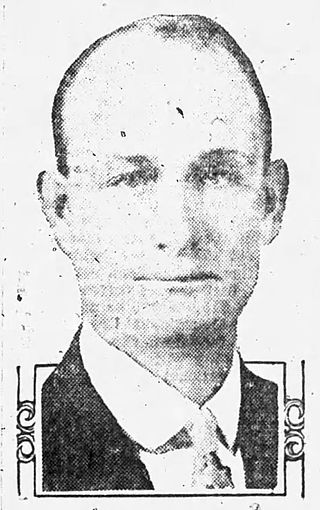
Fred Tuttle Colter was an Arizona rancher and farmer,as well as being the state senator for Apache County beginning with Arizona's second state legislature in 1915. Colter spent six terms in the Arizona Senate. He also led the fight on Arizona's behalf to maintain control over the water from the Colorado River,coining the slogan,"Save the Colorado for Arizona". He was a close ally of the state's first governor,George W. P. Hunt. Prior to his election to the state senate,Colter had served as the state's fair commissioner.
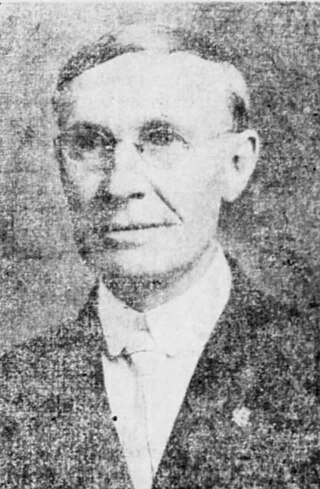
W.P. Sims was a politician and dentist from Arizona. He served in Arizona State Senate in the 1st,2nd,and 5th - 7th State Legislatures. He served as the President of the Senate during the 2nd Legislature.

Charles M. Roberts was an American politician who served in the first Arizona State Senate.

William Wilson Pace was an American politician and cattleman from Arizona. He was a member of three territorial legislatures prior to statehood,and was a member of the Arizona State Senate in the 1st Arizona State Legislature.

John Fred Brown was a politician from Arizona who served in the 1st Arizona State Legislature. He was known as "the father of modern Casa Grande". He was a long-time agent for the Southern Pacific Railroad,in charge of their Casa Grande station. He also served for 30 years as the U.S. land commissioner for Pinal County,from the state's inception in 1912 until 1943. He was also instrumental in the drive to get the San Carlos Irrigation Project passed through the U. S. Congress,eventually leading to the construction of the Coolidge Dam.
James A. Harrison was a politician from Arizona who served in the 1st Arizona State Legislature. He returned to the state senate in 1932 and served four more terms,three consecutively from 1932 through 1938. He operated the large Harrison ranch from the early 1900s through 1950,when he sold it to his son and grandson. He served on the Santa Cruz county board of supervisors from its inception through 1920. He was also on the city council of Nogales,Arizona,and served several terms as its mayor. Early in his life he was a stage coach driver for Wells Fargo.
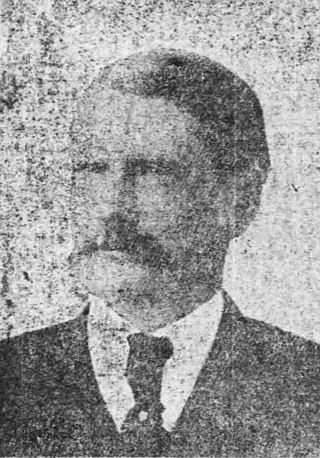
Hugh E. Campbell was a politician from Arizona who served in the Arizona state senate for four terms. He was the Arizona Democrat delegate to their national convention in 1896. He was one of the largest sheep ranchers in Arizona,and was prominent in both the National Wool Growers Association and the National Livestock Association. For six years he served on the board of the Arizona State Fair commission,five as its president.
William D. Claypool was an Arizona politician who served several terms in the Arizona State Senate during the 1910s and 1920s.
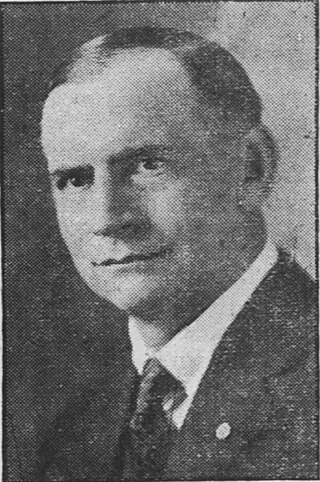
Ernest R. Hall (1880-1959) was an Arizona politician who served a single term in the Arizona State Senate during the 3rd Arizona State Legislature. He ran several other times for the state legislature,mostly for the State Senate,but once for the State House of Representatives. He also ran three times for Arizona Secretary of State,winning in the 1920 election. Other offices he held were justice of the peace and postmaster,both in the Salome,Arizona area. He was a combat veteran of World War I,and was a very successful farmer in Maricopa County for several decades.
Harold A. Elliott was an American lawyer and politician from Arizona. He served several terms in the Arizona State Senate from the 4th Arizona State Legislature through the 7th Arizona State Legislature. He graduated from the University of Michigan Law School,and became an attorney,eventually becoming Phelps Dodge's chief counsel.

Charles C. Green was an American rancher and politician from Arizona. He served a single term in the Arizona House of Representatives during the 3rd Arizona State Legislature,followed by a single term in the Arizona State Senate during the 4th Arizona State Legislature.
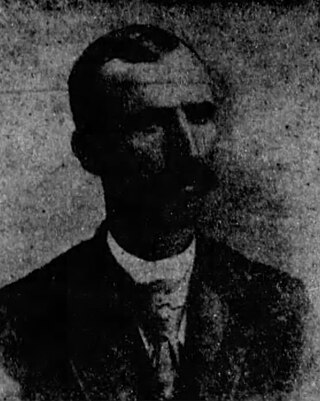
W. A. Parr was an American politician from Arizona. He served a single term in the Arizona State Senate during the 4th Arizona State Legislature,holding the seat from Navajo County. In addition,he served two terms in the Arizona Territorial Legislature,both in the lower house. He was a contractor and an undertaker.

Anthony A. Johns was an American politician from Arizona. He served a single term in the Arizona State Senate during the 4th Arizona State Legislature,holding one of the two seats from Yavapai County,as well as serving as President of the Senate. He also held one of the seats from Yavapai County in the Arizona House of Representatives three times,in the 2nd,3rd and 13th Arizona State Legislatures,serving as the Speaker of the House during the 3rd Legislature. He was a long-time resident of Prescott,and one of the largest sheepherders in Yavapai County. Other business interests included mining and construction. Other offices held included a regent for the University of Arizona,chairman of the Arizona Highway Commission,chief of the Prescott Fire Department,president of the Arizona Wool Growers Association,and vice-president of the National Wool Growers Association.
John P. Cull was an American politician from Arizona. He served several terms in the Arizona State Legislature,beginning in Arizona House of Representatives during the 4th Arizona State Legislature,and then in the Arizona State Senate first in the 5th Arizona State Legislature,and again in the 10th Arizona State Legislature. In both of his re-election attempts to the State Senate he was defeated in the Democrat's primary. During his career he was involved in the banking and mercantile industries,and later on was one of the largest cattle ranchers in Cochise County. During the 1930s he also served on the Arizona State Livestock Sanitary Board.
Joseph H. Lines was an American politician from Arizona. He served a single term in the Arizona State Senate during the 5th Arizona State Legislature,holding the single seat from Graham County.

Elias Hedrick (1862-1949) was an American politician from Arizona. He served a single term in the Arizona State Senate during the 5th Arizona State Legislature,holding the seat from Pima County. Prior to his senate term,Hedrick served a single term in the Arizona House of Representatives during the 4th Arizona State Legislature. He was known as a philanthropist,particularly to the Methodist Episcopal Church in Tucson,Arizona. Outside of politics he was a highly successful real-estate man.
J. L. Schleimer was an American politician from Arizona. He served a single term in the Arizona State Senate during the 5th Arizona State Legislature,holding the seat from Santa Cruz County. He was a real estate developer,first in California,then in Nogales,Arizona. Later in life he became the vice-council for Venezuela in Los Angeles.
Thomas S. Kimball was an American politician from Arizona. He served three terms in the Arizona State Senate during the 6th,8th,and 9th Arizona State Legislatures,holding the seat from Graham County. He was heavily involved in the Church of Jesus Christ of Latter-day Saints. During his life he was involved in freighting,ranching and mining.
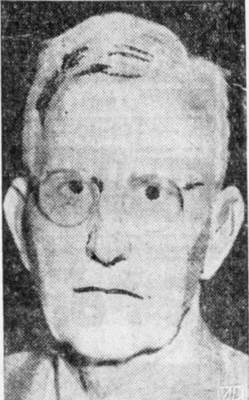
Hugo Farmer (1878-1957) was an American politician from Arizona. He served five terms in the Arizona State Senate during the 9th through 11th Arizona State Legislatures,and again during the 17th and 18th Arizona State Legislatures,holding the seat from Yuma County.
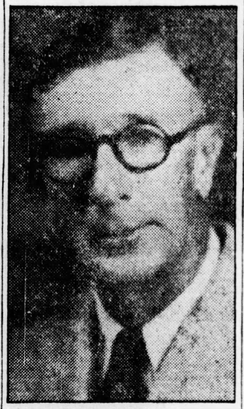
W. B. Kelly,was an American politician from Arizona. He served three terms in the Arizona State Senate during the 10th,11th,and 12th Arizona State Legislatures,holding the seat from Graham County. He was a pioneer newspaper man in Arizona,owning and editing several newspapers,including the Arizona Daily Star,Bisbee Daily Review,and the Graham Guardian.













